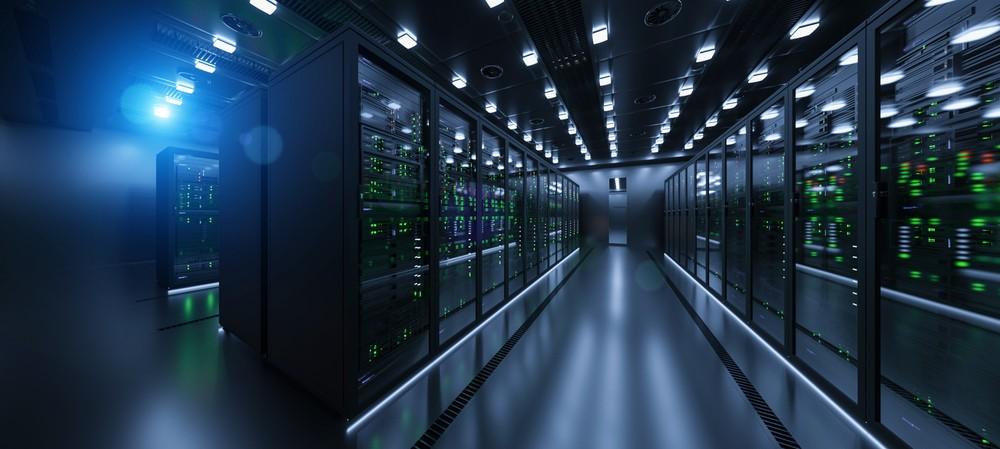The global competition for Data Center Energy Storage Market Share is a multi-layered contest fought between giant industrial conglomerates at the system level and major battery manufacturers at the component level. As the overall market continues its strong growth towards a projected valuation of USD 17.71 billion by 2035, the battle to be the preferred provider of the critical backup power infrastructure for the world's data centers is intense. This expansion, driven by a consistent 10.19% CAGR from 2025 to 2035, has created a market where leadership is determined by technological reliability, global service and support capabilities, and deep, long-standing relationships with the major data center operators and engineering firms that design and build these massive facilities.
At the integrated system level, the market share is highly consolidated and is dominated by a few major global players in the power management and industrial technology space. Companies like Schneider Electric and Vertiv are the clear market leaders. They design and sell the complete Uninterruptible Power Supply (UPS) systems that are the heart of the backup power chain. Their strategy is to offer a comprehensive, integrated solution that includes not just the UPS hardware but also the associated battery cabinets, power distribution units, and the sophisticated software for monitoring and managing the entire power infrastructure. Their strong brand reputation for reliability and their global service and support networks give them a commanding position, particularly with large enterprise and colocation data center customers.
Beneath the system level, the market share for the actual battery cells that go into these energy storage systems is a different, but equally consolidated, story. The market for utility-scale and data center-grade lithium-ion batteries is dominated by a handful of major Asian manufacturers. Companies like CATL, LG Energy Solution, and Samsung SDI are the global leaders in battery cell production. These companies have invested billions in massive "gigafactories" to produce batteries at an immense scale. They then sell their battery cells and modules to the UPS system vendors like Schneider Electric and Vertiv, who integrate them into their final products. The control of this core battery manufacturing capability by a few major players is a key feature of the industry's supply chain.
The dynamics of market share are also being influenced by the hyperscale cloud providers themselves. Companies like Google, Amazon, and Microsoft are such massive consumers of data center infrastructure that they are increasingly taking a more direct role in designing their own power and cooling systems to maximize efficiency. While they still work with the major UPS vendors, they often have very specific requirements and may work directly with battery manufacturers to develop custom battery solutions for their unique needs. Their immense purchasing power and their drive for custom, hyper-optimized solutions give them significant influence over the market and are a major force shaping the technology roadmap and competitive landscape for the entire industry.
Explore Our Latest Trending Reports:



